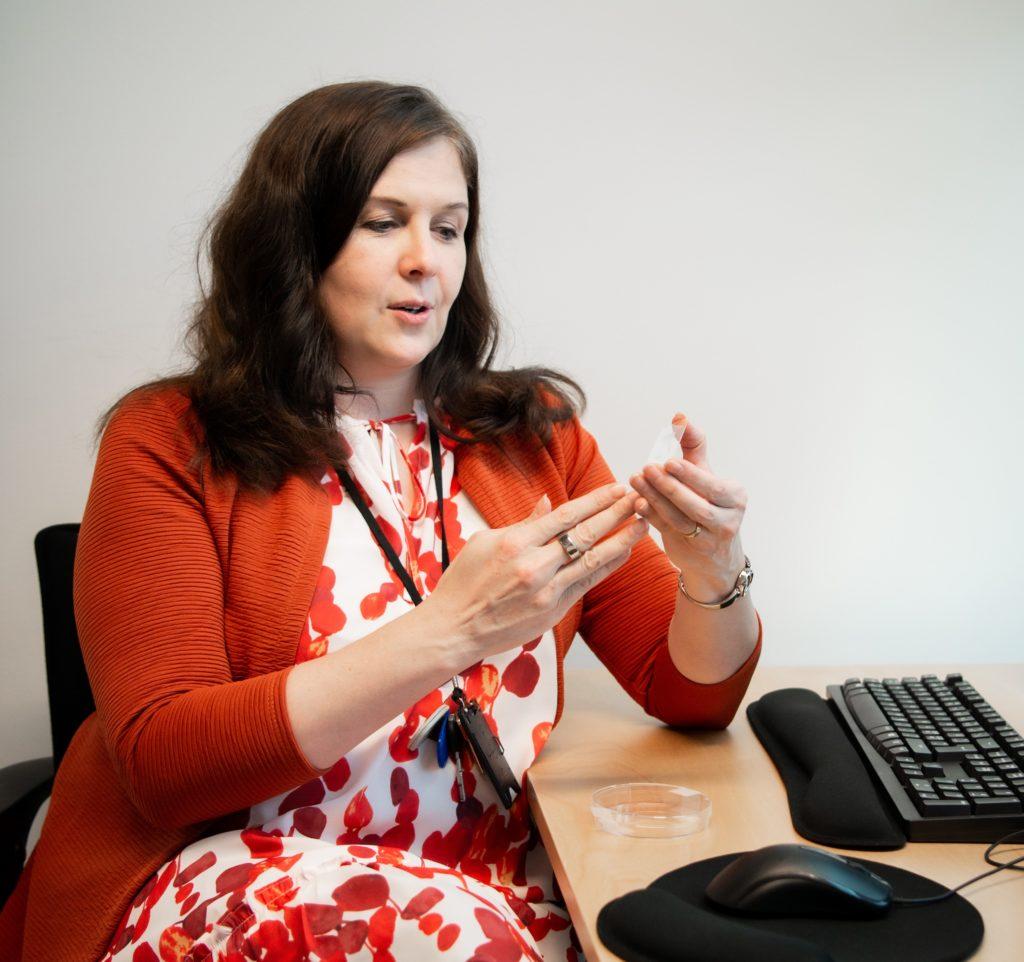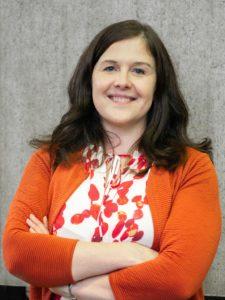SCellex targets single cell resolution to boost cancer research
Päivi Saavalainen, CEO and Founder of SCellex, says that spatial gene sequencing technology enables expression profiling of all genes of cells – at their original location in tissues in single cell resolution. This has impact on biomedical research, as it helps to discover the locations, roles and interactions of different cell types both in healthy tissues and diseases. The technology also allows for the exploration of their key marker genes as potential drug targets.
“Single cell technology is only now targeting the tissue itself. Our technology will provide the best resolution,” she explains.
Get to the core
Thanks to the superb resolution, researchers can focus on a single cell and see how cells react to each other. Discovering, for instance, distinct cancer patterns and subtypes becomes so much easier with a better research tool, Saavalainen believes.
At the first phase, the spatial gene sequencing technology is meant for research use only.
“A diagnostic tool may well be in the cards later on.”
Saavalainen is an immunogeneticist at the University of Helsinki who wants to understand the role of immune system in autoimmune diseases and cancers and, ultimately, to improve the diagnostics and treatment options for these diseases. Her Immunomics group works with single cell technologies to increase the resolution in these studies.
Along the way, she has developed the spatial gene sequencing technology based on her invention of which the University relinquished all intellectual property rights to her in 2016.
“I received important mentoring from SPARK Finland and got the courage to launch a company around this technology,” she looks back. SCellex Oy was founded in September 2018.

Only 24 hours per day
Running a startup and holding down a demanding day-job is no small feat – and Saavalainen confesses that time is frequently a critical issue.
“Often I feel that this is just too crazy and all my time is consumed by my work. But then I think that this is just something that I simply have to see through – or I will regret it later.”
The startup got an extra boost in the summer of 2020, as a Business Finland backed pilot started with the cancer research consortium CancerIO.
“This winter we want to push the technology to the service level and market it to researchers as a service we can provide.”
Peer support, please!
Another new development is SCellex’s participation in Health Incubator Helsinki program. Saavalainen feels that rounding up startups from the same sector is an inspiring concept:
“That way you get the peer support that you need, in addition to quality mentoring.”
These types of “meetings of the minds” are important also since health tech doesn’t attract as many angel investors as some other industries.
“There are not that many investors out there that are really focused on this field,” she says, but adds that the situation may change in the coming years.
For her, it took some time to understand that turning an invention – even a good one – into a solid product requires plenty of effort.
“Things take their own time, and we are still in the beginning of our startup journey but I’ve learned already a lot – and feel that I’m heading in the right direction.”

Startup Fast Facts:
Name: SCellex Oy
Product: Single cell sequencing method with X-Y coordinates
Founded: 2018
Team size: 5
Target customer/market: Biomedical researchers, pharma and diagnostics R&D
Text: Sami J. Anteroinen
Photos: Sebastian Soidinsalo
